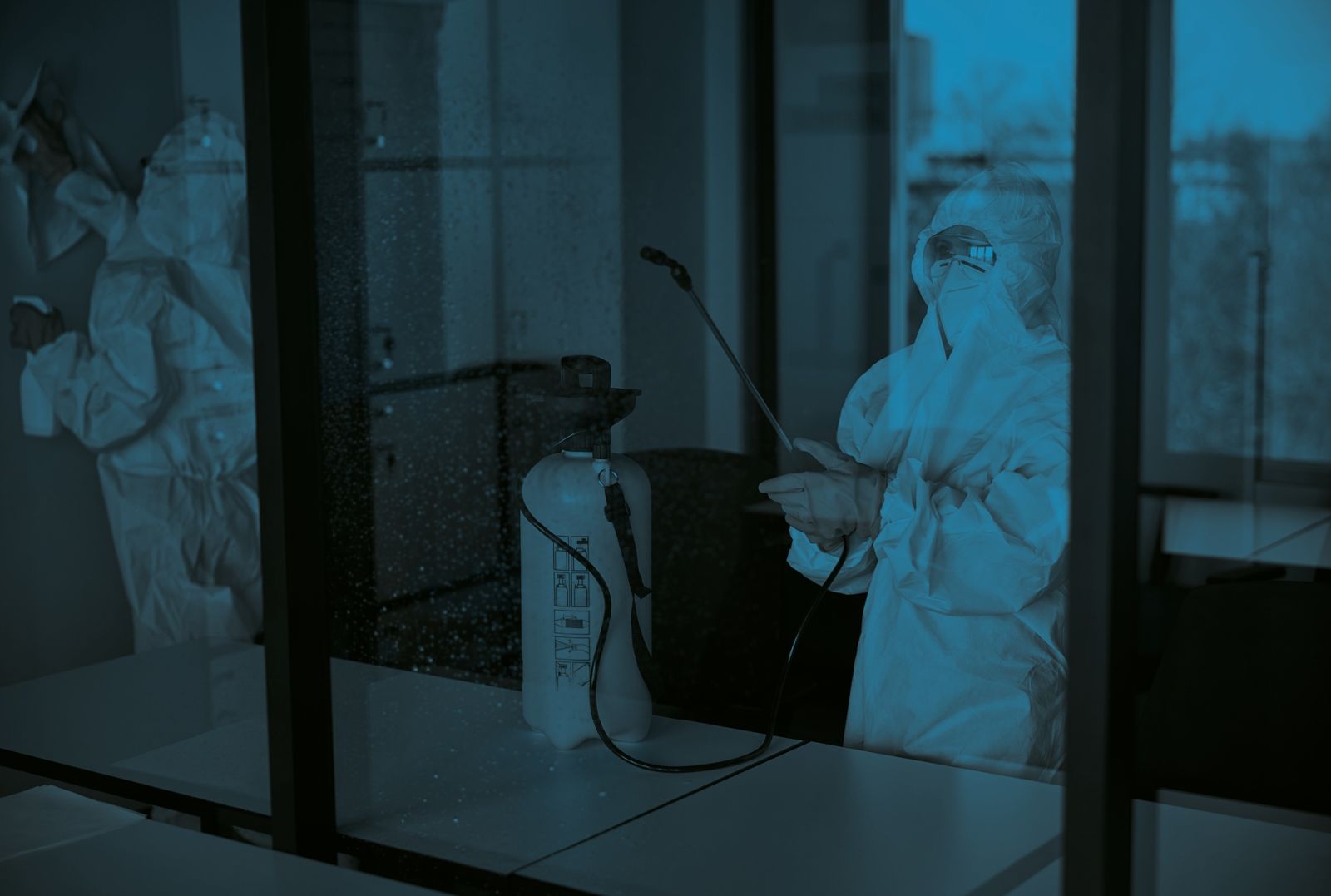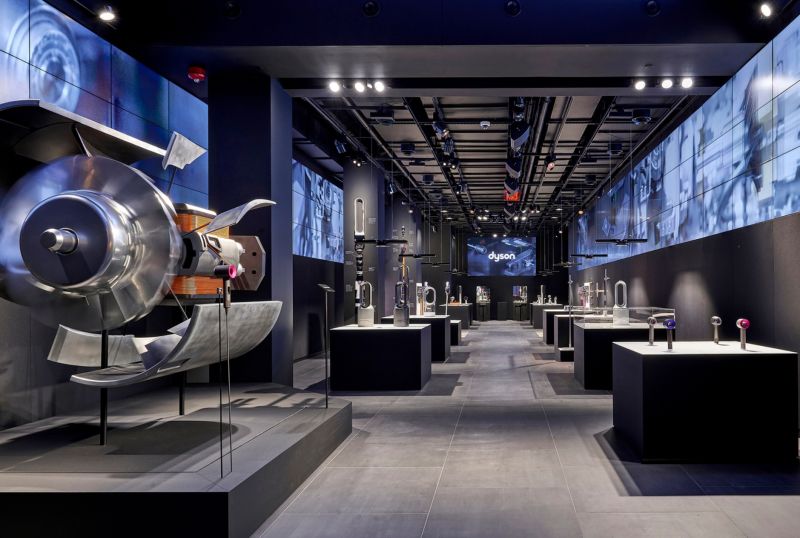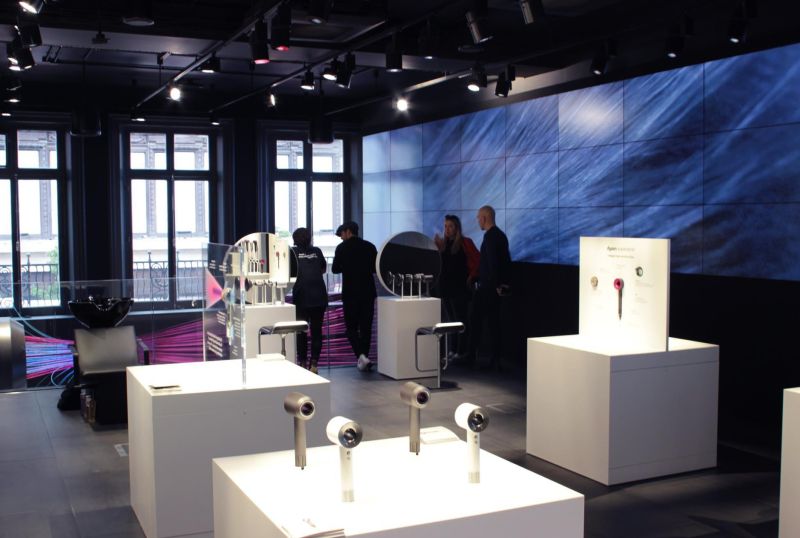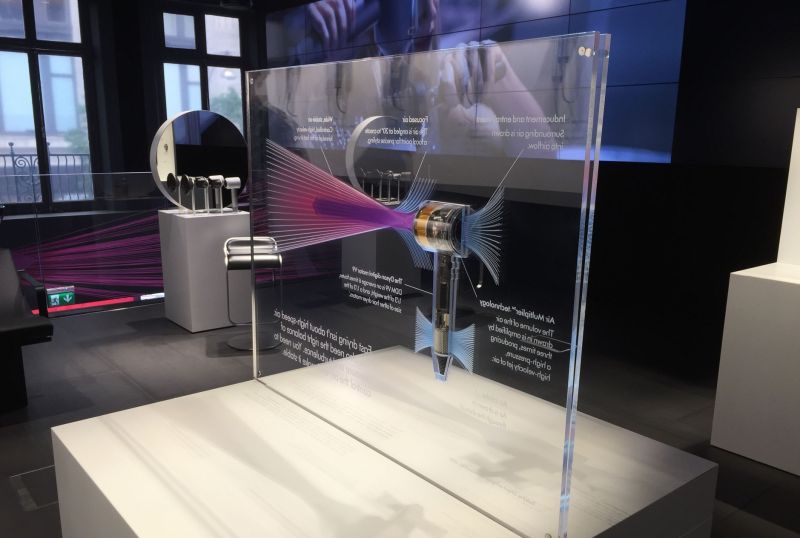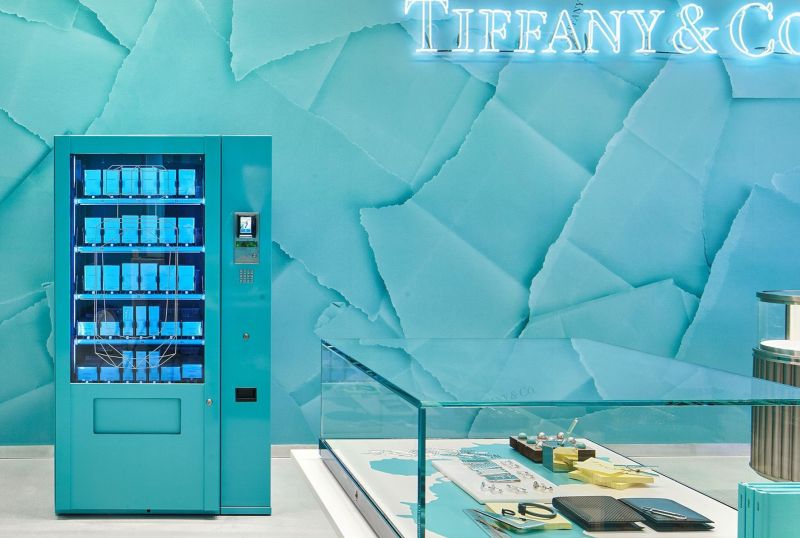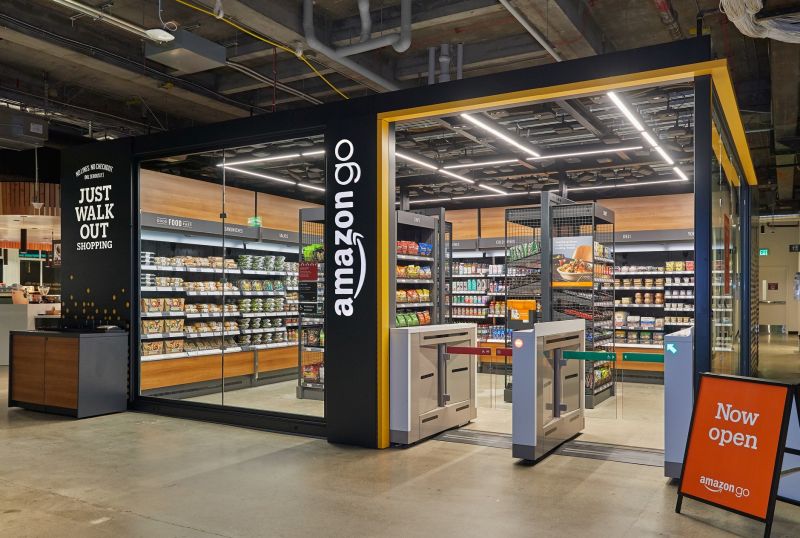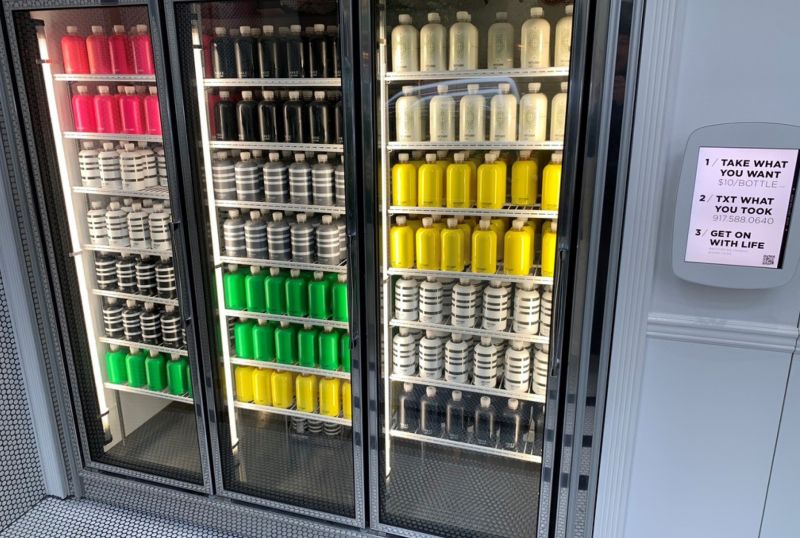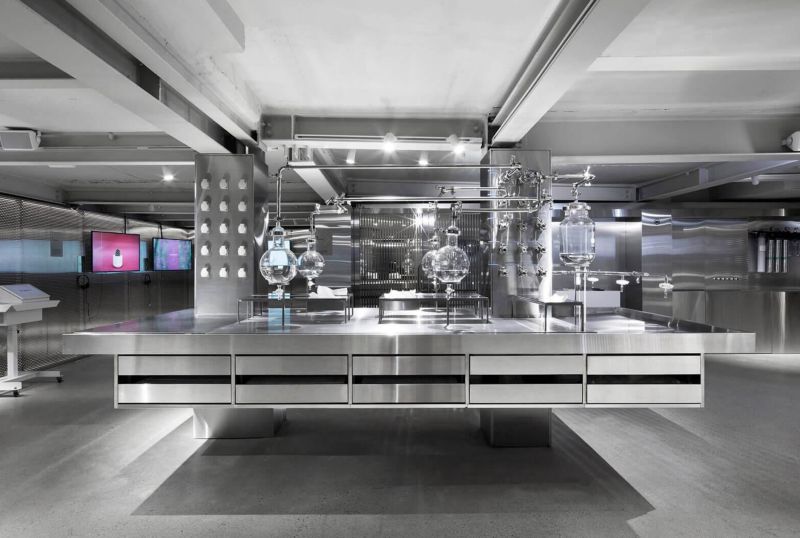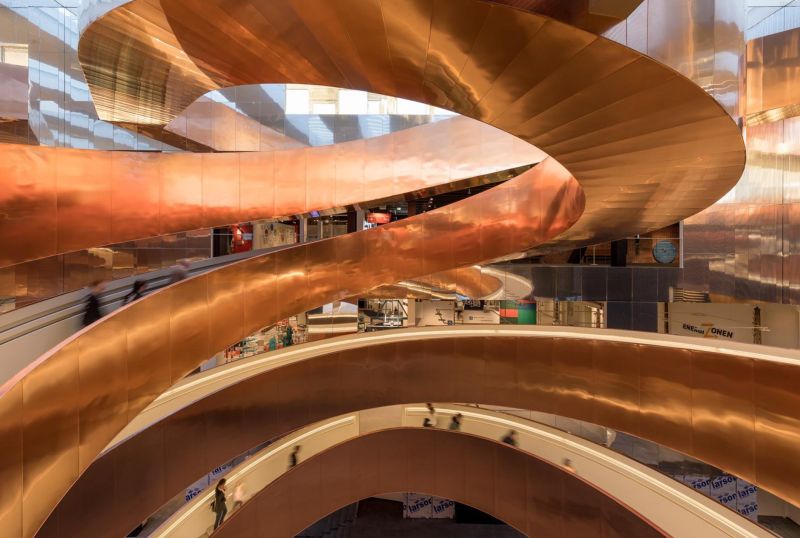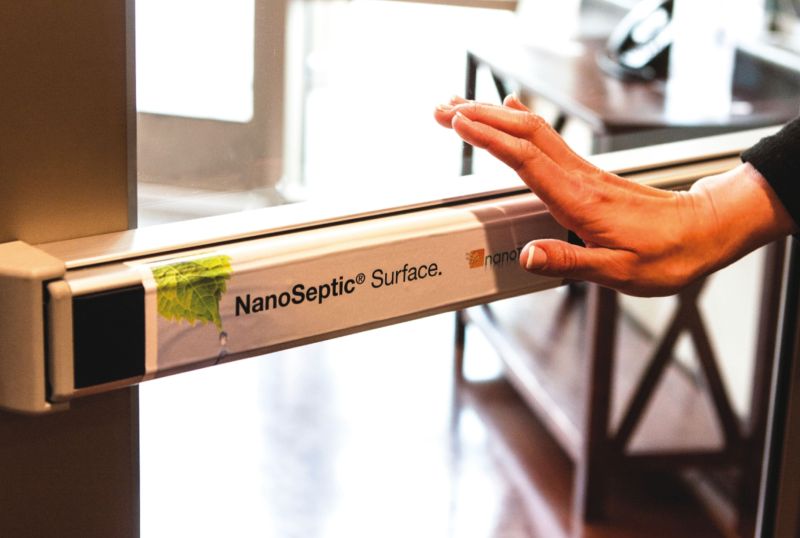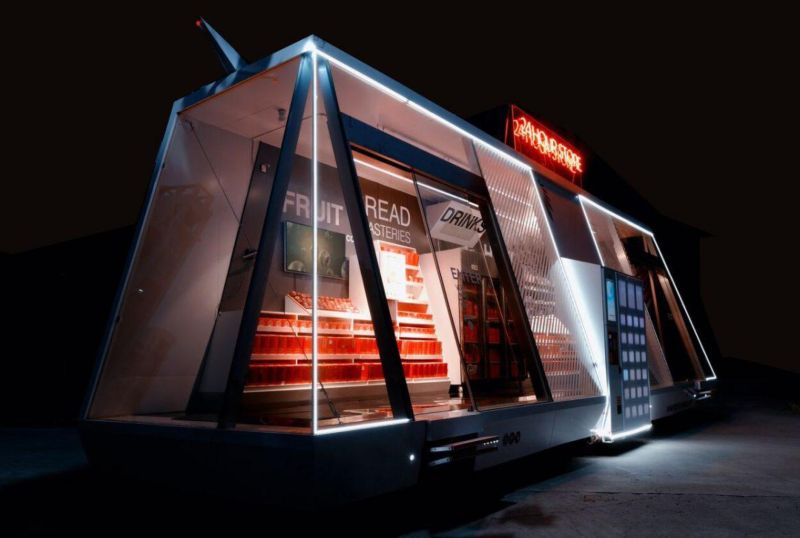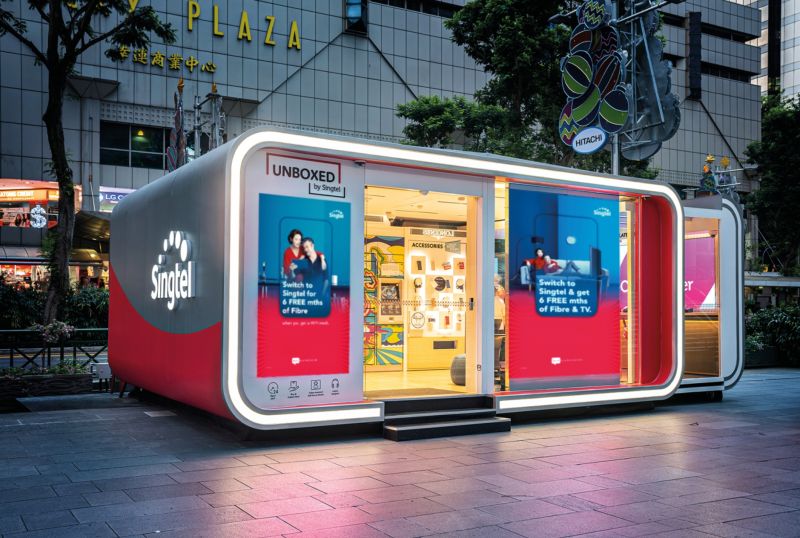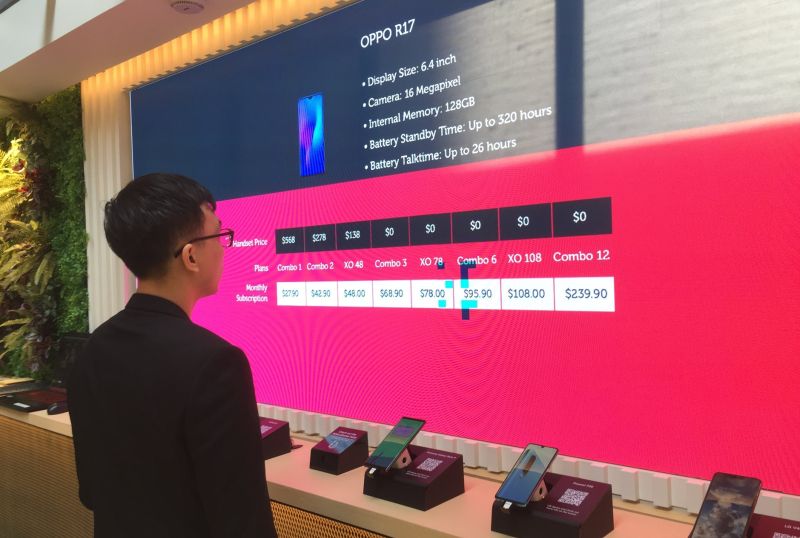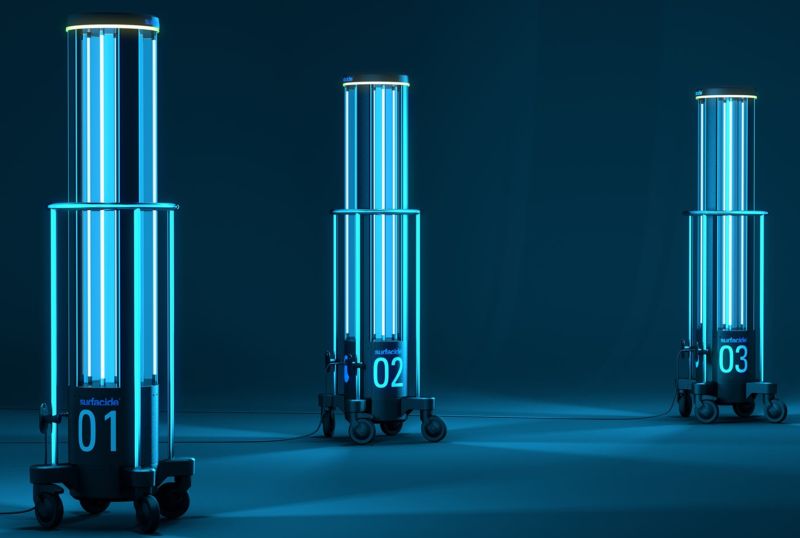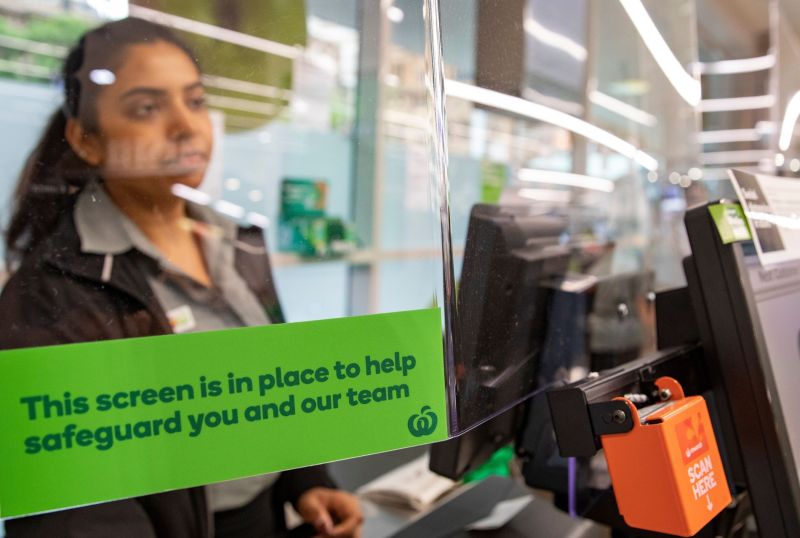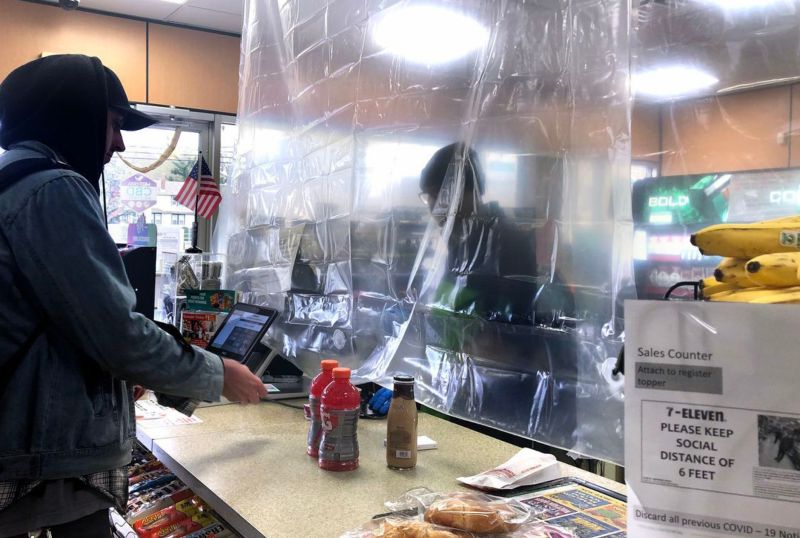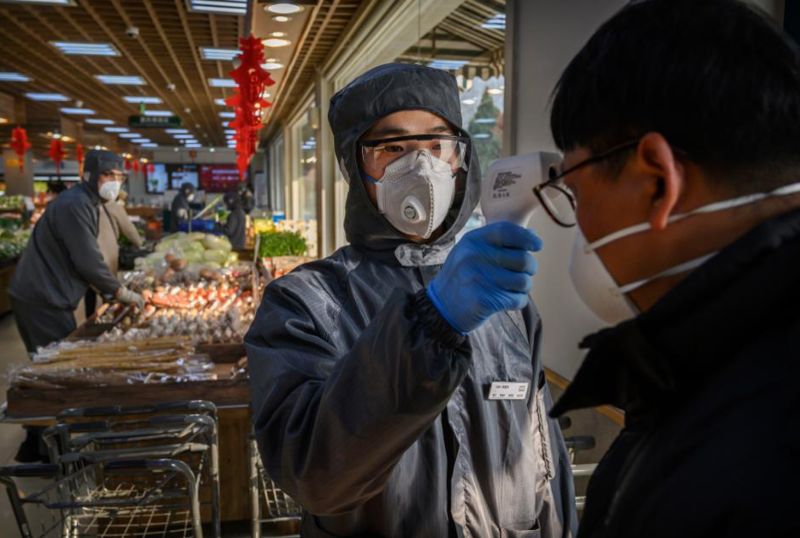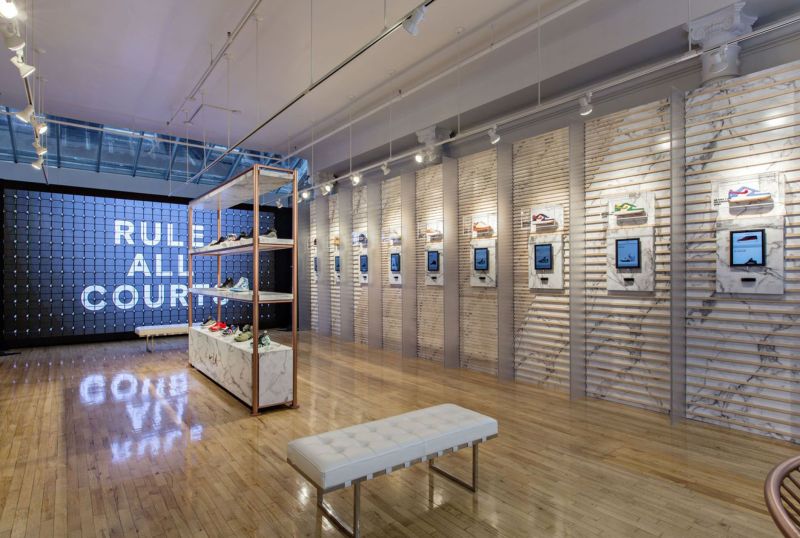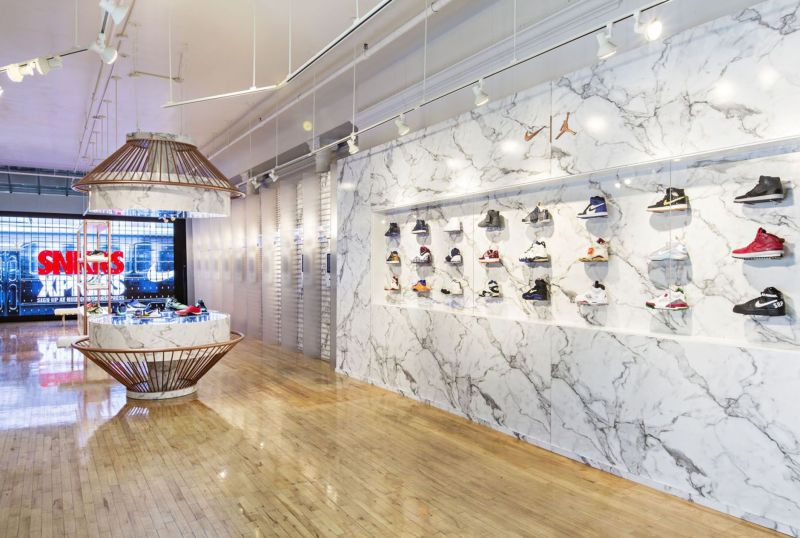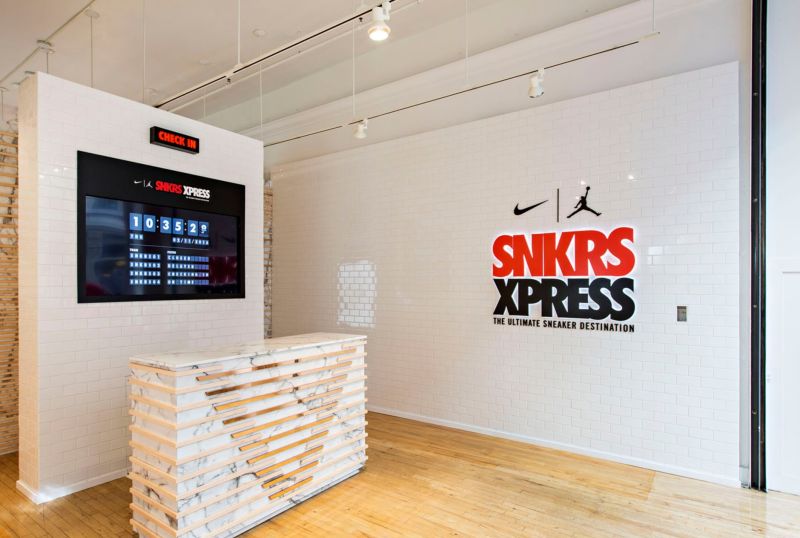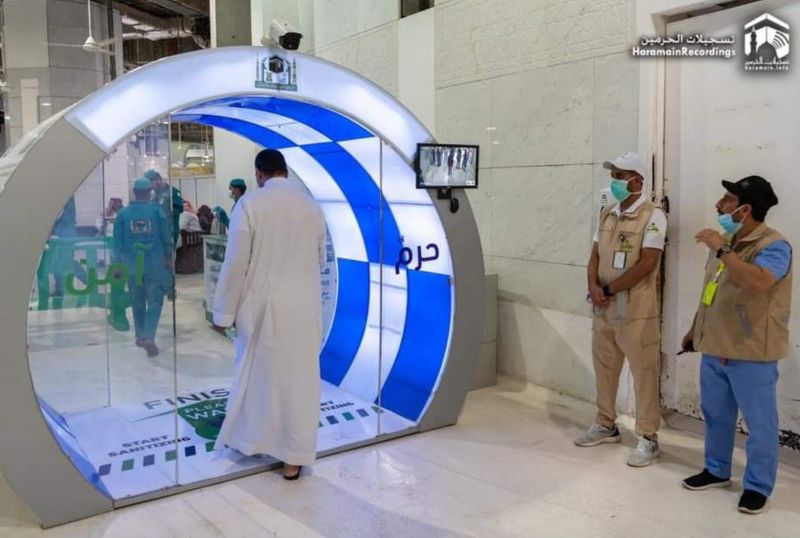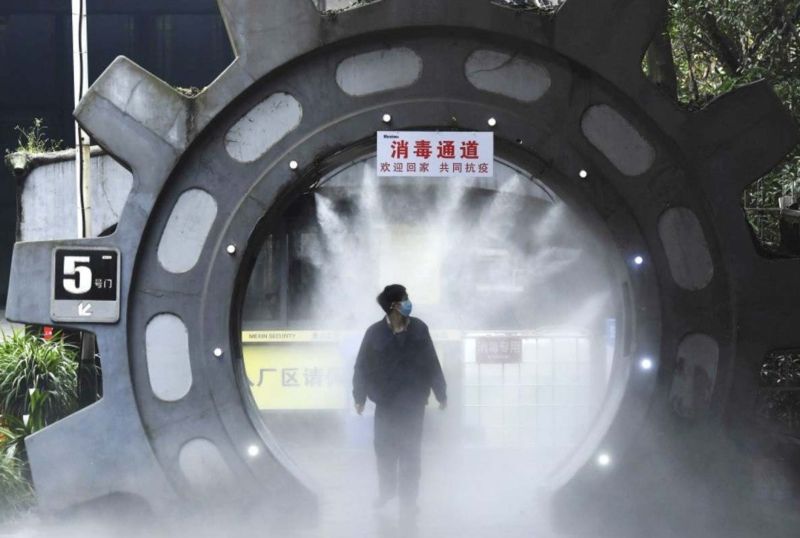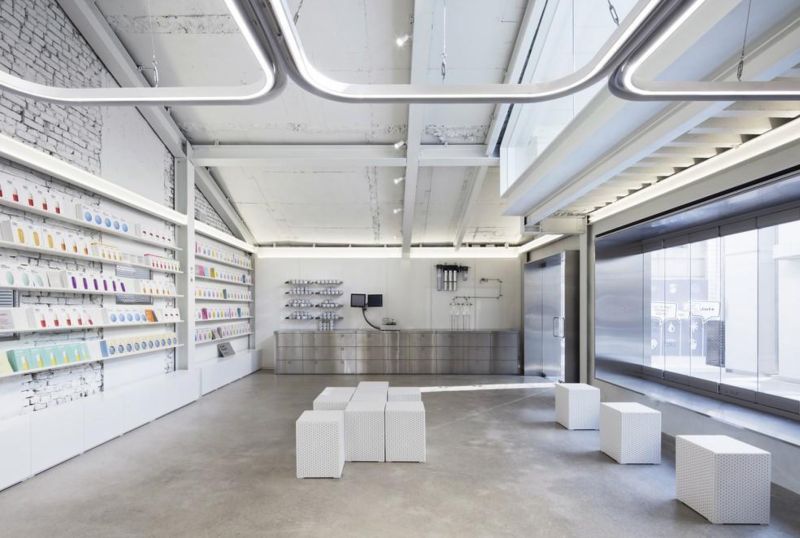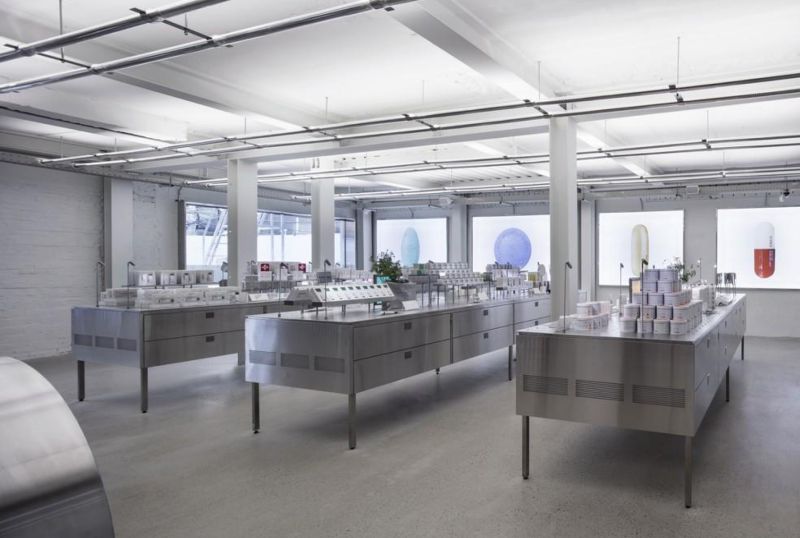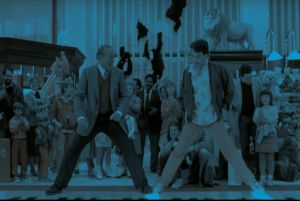How can hyper-sanitised environments build consumer trust?
The COVID-19 pandemic has given retail a rare opportunity to stop and consider what we want the future of retail to become. Yet, while we wait for life to return to normal, we have seen two fundamental shifts in our attitudes and behaviour: an increased sense of empathy for others, and protection for ourselves. On the other side of this pandemic, retail will need to respond to these new needs of customers and find innovative new ways to create brand experiences. We have identified several areas of emerging attitudes and have outlined how they lead to exciting opportunities in retail in a series of articles.
How can hyper-sanitised environments build consumer trust?
We've all learned a lesson in cleanliness and hygiene, to a degree. This experience has helped people understand how easily germs can spread and what exists on surfaces beyond our vision. Surely current levels of anxiety will subside as the danger posed to us lowers. Still, our new-found understanding and awareness will remain. We will become more cautious about touching surfaces, and we will certainly have stricter cleanliness protocols in stores. Customers will now think twice about sharing cosmetics products at a department store beauty bar. The buffet is undoubtedly a pleasure of the past.
We've also learnt about that magical 1.5m social distancing rules that keep us safe from each other. Eventually, enough time will pass, and we won't view each other as potential sources of contagion. Driven by new social distancing habits, the norms of social interactions will inevitably be different. People will be more conscious of sharing close personal space with strangers. This norm of personal space will not only affect interactions between customers, but also between store staff and customers. It's possible PPE will become standard for close contact services and complex consultative sales experiences. We might even see face masks integrated into western fashion as we've seen in Asia in the past years.
WHAT THE FUTURE MIGHT HOLD…
New Space Planning Standards
Space planning is already guided by numbers and standards, such as minimum heights and distances that optimise comfort or efficiency. New social distancing norms will redefine how we think about optimum floor space, service areas and product interaction. These new distancing expectations might be a great thing for retail design! More space means greater product focus. The days of walls packed with endless products will shift towards more visceral stages with fewer products merchandised. We believe that people’s new expectations on hygiene will drive a critical shift towards experiential retail, offering consumers more time and space to interact with the physical surroundings and products on display.
Contact Free Stores
While many retail formats might increase personal interaction, some might remove it entirely. A handful of brands are already experimenting with the use of vending machines inside a retail store. Machine-automation was mostly about convenience and efficiency, but now it's also about cleanliness. So far, we've seen vending machine store formats in food and telecommunications, but how much further can we push it? What other types of retail propositions can we see transitioning into contactless environments? Do we really need people to assist us in trying on eyeglasses or shoes? Perhaps contact-free shoe stores will be a common format in the near future with ‘Guardians of Hygiene’ cleansing products and seating areas after each customer?
Zero Touch Stores
While some processes remove our contact with other people, we also will see our contact with surfaces reduced where possible. We now see coins and door handles as disease traps, we want to pay contactlessly with our phone and walk through automatic sensor doors, but this will change what technology we desire. Interactive screens - still seen as avant-garde in retail stores - could be seen as tainted or undesirable due to our new hygiene standards. Screens will need to sense our movement or react to voice command. Or is it time to utilize the technological capabilities we all carry in our pocket.
We are happy to touch our own phone, so we need to integrate store technology to our own devices. However, for many retail stores touching some surfaces is inevitable, so the materials we use will be scrutinised for their disease-harbouring properties. Materials such as stainless steel and copper, to some degree, will be far more common in retail, with far fewer surfaces that are difficult to sterilise, such as carpet or fabrics. Surfaces will have an aspect of psychological security attached to them; they need to look clean, as much as they need to be clean. Seeing a fingerprint on a surface takes on a whole new meaning in the new normal. Now those glossier surfaces need to be cleaned to make customers feel safe, rather than making the store look untidy, or the business unprofessional.
More Automation - Better Human Service
Many might fear a push for automation is the start of a sterile retail world, but it could be the start of even better retail staff service. We don’t see a future of contactless, frictionless, lifeless and characterless retail stores filling our high street. But suppose we do see the introduction of some automated contact-free shoe stores. It won't be the end of footwear sales staff. Instead, businesses will have to respond with staff that machine automation can't compete with. Staff won't be unenthused individuals that merely retrieve your requested size, but personable and knowledgeable professionals that enhance your experience.
Communicating Hygiene
How stores deal with new hygiene concerns will have hugely different implications. It's vital that our retail hygiene interventions and methods build trust instead of creating fear. While some retailers have placed screens and barriers at the checkout, others have staff wearing protective equipment and cleaning all products and fixtures in store. Practicalities aside, erecting a screen treats the customer like a danger, yet sanitising equipment before use is an act of protecting the customer. As cleaning becomes a protective service in retail that builds trust, stores will want to communicate it. Cleaning methods and equipment have traditionally been kept out of sight. We believe that cleaning in retail should become more performative. Sanitising your stores regularly in clear sight of customers can symbolise a high level of professionalism. In the new normal closing for an hour for 'midday sanitisation' or employing specialist staff to clean constantly - with ‘Guardians of Hygiene’ – operating during store hours, will become common retail practice.
This performative nature of cleaning can exist outside of opening hours. Normally illuminated store windows advertise products throughout the night, while shop floors are left dark. Using UV light stations to sanitise the shop floor throughout the night would advertise cleanliness. We can light the store, advertise products, build customer trust and clean the store, all at the same time.
Using Time to Social Distance
We often think of social distancing in terms of physical measurement, but time can also be used to create safer social interactions. Rather than altering the way we approach space planning, we can alter the frequency of customers that enter the store with appointment and traffic systems being used to control footfall. Using time as a mediator can also help to manage business operations. Fewer customers coming into the store at any one time means retailers will need less staff to service them. With more precise knowledge of customer flow, retailers can plan staff rosters with more predictable staff requirements. This would allow store hours to lengthen, with minimal increase to overheads. Longer store hours also means retail can provide more service to the local community and even provide a vibrant social counterpoint late into the evening.
Access time is one key aspect of online retail where physical retail has failed to compete. While online retail is available to us at all hours, the physical store is incompatible with weekday work commitments for many people. How would late-night retail co-exist with the late-night economy? Shifting retail to consistently later hours will change shopping behaviour. Retail and hospitality precincts might merge into one, and visiting a store before we go to dinner, or after we go for a drink will become increasingly more common.
Only the Healthy Shall Enter
How can the store entrance be used to increase customer confidence and build trust? We have already seen several measures employed at store entrances with disinfecting customers upon entry serving as a psychological icon for safety. The most basic interventions position hand sanitiser stations or administer temperature checks at entrances, with the most extreme case involving full-body spray portals. The effectiveness of any of these measures isn't known, yet they instil customer confidence as they communicate the businesses diligence in protecting customers and staff. As different technology becomes available to monitor health or symptoms, we might eventually see brands increasingly create certain health conditions for entry into their stores.
IN CONCLUSION...
This time has been a period of great education and awareness of hygiene. Many people now understand how germs exist and spread, and with this knowledge, increased anxiety and new behaviours have emerged. We have learnt how to operate in public at a distance and to touch as little as possible. Providing security for people’s hygiene concerns will take many procedural changes in retail. While much of retail will need to be contact-free, with more automation and less human contact, how we plan our stores and display products will need to account for social distancing norms. Without a doubt, a layered approach that is clearly explained and communicated to customers, is the only way to restore confidence and build trust.
